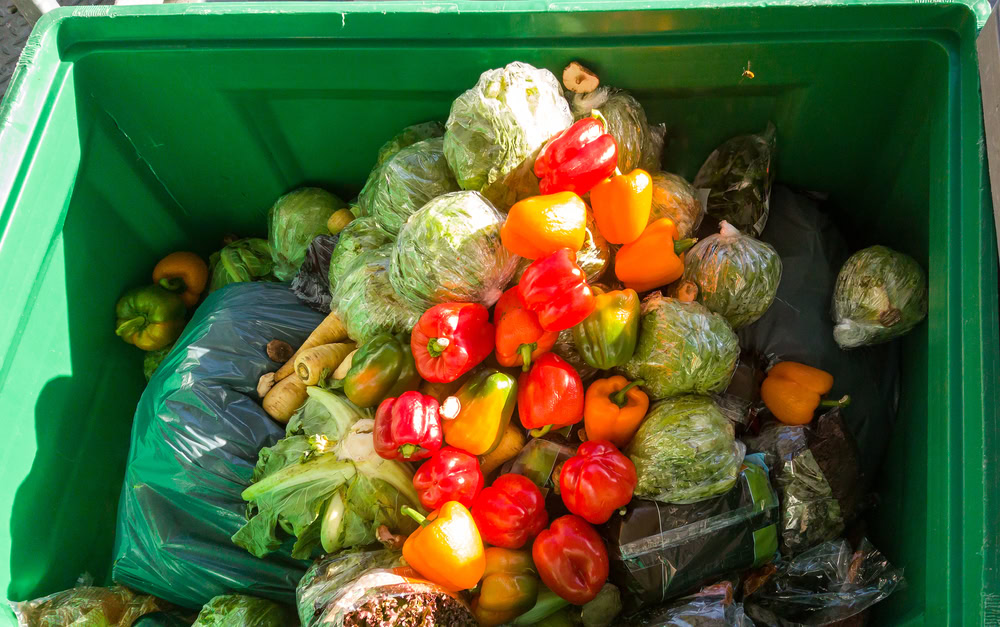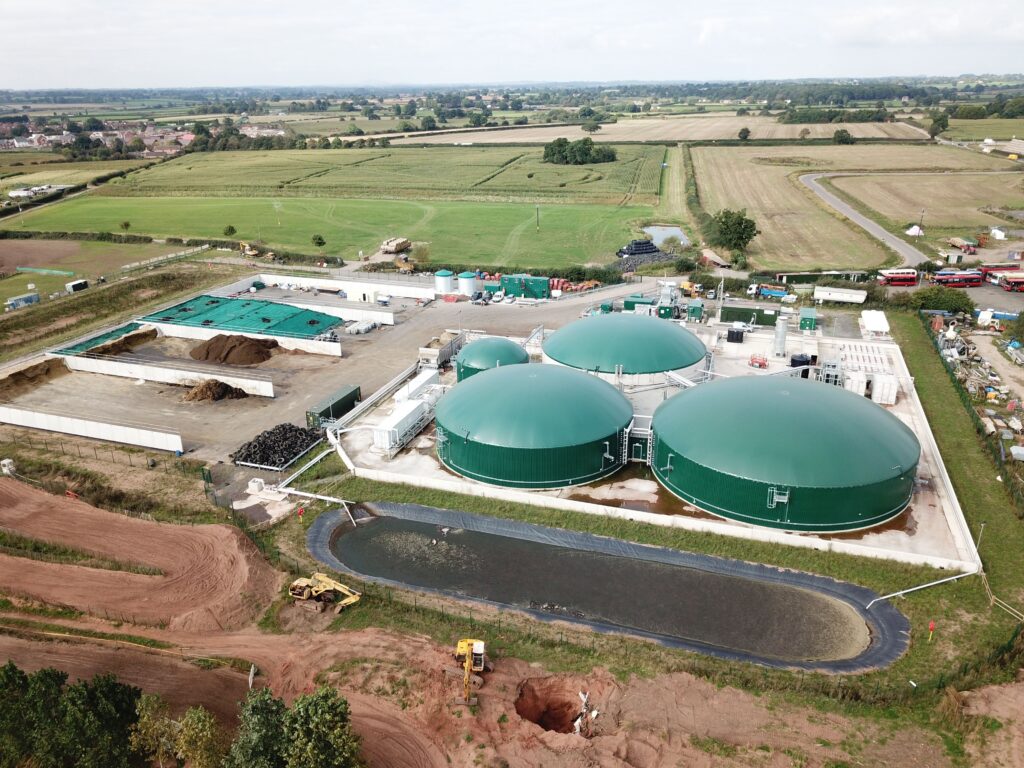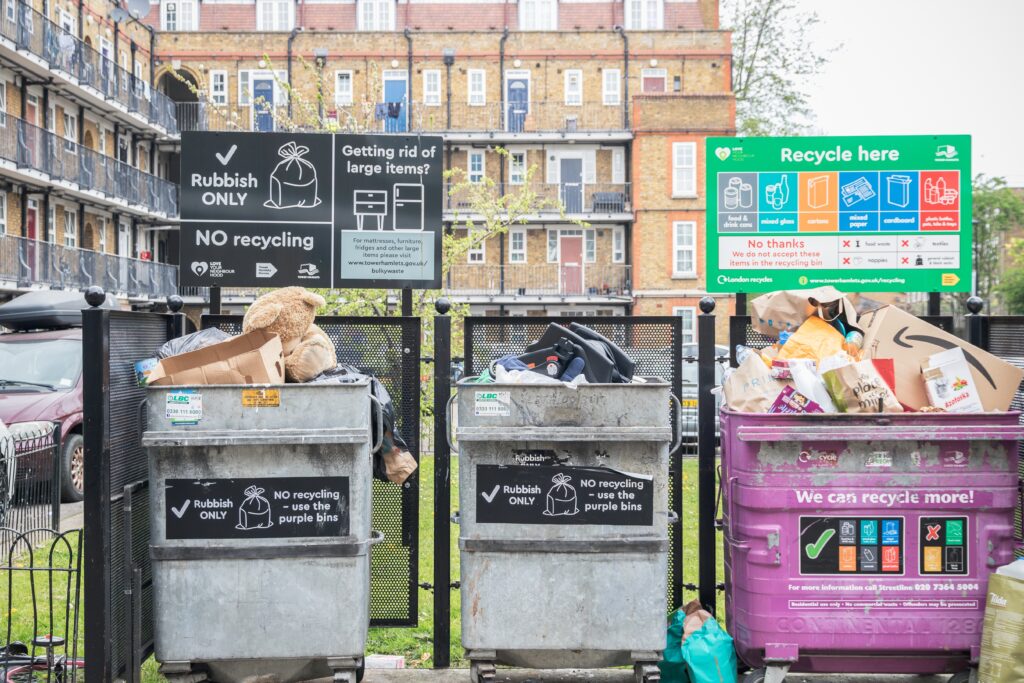According to the report, a further 2.7 million tonnes of surplus food redistributed across participating countries.
However, the organisation warned that without “significant financial support, committed action and policy backing” from governments, philanthropic funders and key businesses, progress towards global goals could stall.
Catherine David, CEO at WRAP, said: “The Food Pact Network is on a roll and making strong inroads – achieving real reductions in food waste, realising cost savings for businesses and citizens, and benefitting the environment.”
WRAP’s Food Pacts
Established in 2024, the Food Pact Network unites 10 national and regional Food Pacts across nine countries, representing 14% of the global population and accounting for around 20% of global food waste.
Together, the Pacts are supported by 920 organisations, including 550 food businesses, in economies that collectively generate 38% of global GDP.
WRAP said the Pacts have provided a model for effective, cross-sector collaboration, bringing together governments, businesses and civil society to tackle food loss and waste through shared commitments and data-driven action.
David Rogers, Director of International Development at WRAP, commented: “Countries with Food Pacts are making significant progress towards the United Nations Sustainable Development Goal 12.3 – to halve global food waste by 2030.
“We know the model works, as these numbers prove, and we need to dramatically scale up activity.”
Each year, more than one billion tonnes of food is lost or wasted globally, roughly double the amount needed to feed the 783 million people who face hunger.
Recent research from Zero Waste Scotland also found that food waste is the “leading cause” of biodiversity loss and land use change in Scotland.
‘The model works’
The report outlines specific recommendations for three key groups:
- Funders and philanthropic organisations are urged to invest in the Food Pact Network to accelerate proven solutions, support the expansion of new Pacts in high-impact regions and strengthen food security while reducing greenhouse gas emissions
- National governments should make food loss and waste a policy priority, integrate it into climate strategies, and remove regulatory barriers to redistribution and prevention
- Food and drink businesses are encouraged to sign up to their local Food Pact, set measurable food waste targets, track progress, and act on insights to prevent waste across the supply chain
David added: “The model works – wherever you put it – and by operating across the supply chain is helping to make businesses better and more future proof, and our food system more efficient, reliable and sustainable.
“We have the potential to really go global now, and that’s my message to governments, businesses and funders.
“Join us as we go further, faster and free ourselves from the cost and injustice of food waste.”








Subscribe for free